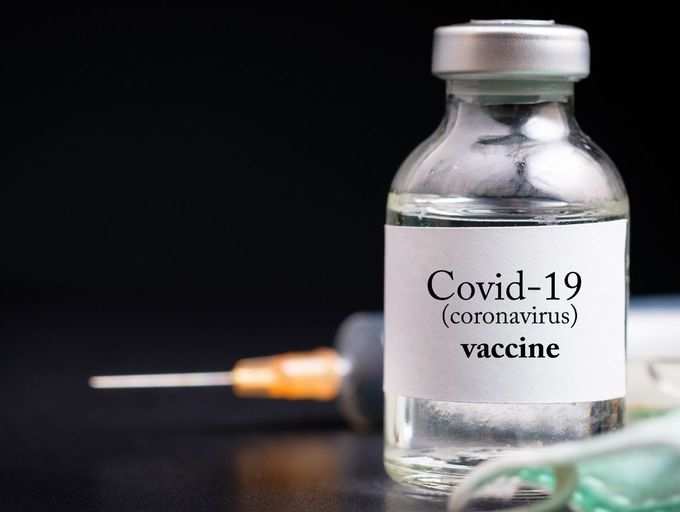Myths around COVID-19 treatments you must avoid

At a time when COVID-19 cases continue to surge, it is only natural for people to look for various treatments and home remedies that can help them keep the disease at bay. However, people are also struggling to steer clear of all the misconceptions and false claims circulating in the recent past about the same. That said, to help you keep away from such lies and misinformation, here are the false myths about COVID-19 treatments you must avoid.
Mild COVID can be treated with anti-viral medicines

In normal circumstances, antiviral drugs would work wonders in protecting your body against harmful viruses. However, in terms of COVID-19, this form of medication seems to have no effect on the respiratory viruses affecting our lungs. While Remdesivir was the first antiviral drug approved by the FDA, it is only for emergency use.
Herbal remedies can prevent COVID-19

It was also believed that herbal and ayurvedic remedies could prevent COVID-19 infections. While herbal medications can cure certain ailments, there have been no confirmation on whether it can treat SARS-CoV-2.
Antibiotics can help relieve coronavirus symptoms

It is a known fact that antibiotic medicines only help cure bacterial infections. Therefore, it cannot be used as an alternative to treat infections like COVID-19. Due to its anti-inflammatory properties, surely it can help in treating hospitalized patients.
Vitamins and minerals can keep the coronavirus at bay

With the onset of the novel coronavirus, people have increased their intake of micronutrient supplementation, thinking that it will prevent the deadly virus from affecting them. While different vitamins and minerals help boost the immune system, there have been no solid claims that these supplementations can actually cure the disease.
Every COVID positive person should be hospitalized

Considering the rise in the number of COVID cases in and around the world, it is somehow impossible to accommodate each and every infected person in the hospital. That said, if you’re not experiencing difficulty in breathing, chest pain, or any other severe coronavirus symptoms, you should just self-isolate at home after a positive test and rest until you recover.